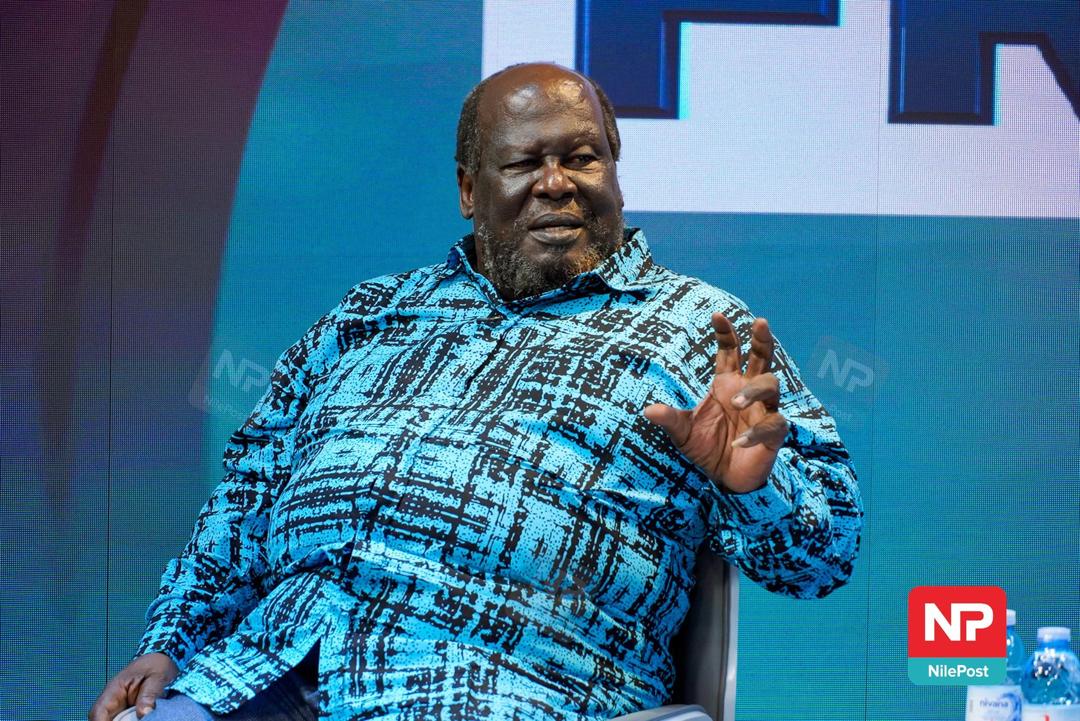Former Leader of Opposition, Professor Ogenga Latigo, has raised serious concerns over the ongoing detention of opposition figure Kizza Besigye, asserting that the four time presidential candidate remains imprisoned due to political calculations linked to the upcoming elections.
“The idea that those who potentially will cause trouble in the next election will be arrested is deeply troubling. Dr. Besigye is in prison because of the upcoming election. I’m sorry to his lawyers, but the only time he will be released is after the elections,” he said, speaking during NBS Frontline on Thursday.
Latigo emphasized his approach to the matter, saying, “For me, not going to see Besigye in court is a bigger statement than going to see him. Let the courts ultimately show Ugandans that they stand for the law.”
The comments come as Besigye and his co-accused, Lutale, mark one year in detention following their abduction in Nairobi on 16 November 2024 and subsequent transfer to Kampala.
The pair have been held at Luzira Maximum Security Prison while facing charges of national security violations and unlawful possession of firearms and ammunition, with court proceedings progressing slowly toward trial.
The legal saga has been marked by controversy. In April 2025, High Court Justice Rosette Comfort Kania rejected their first formal bail application, despite acknowledging that legal thresholds for release—including Besigye’s age (68), deteriorating health, and prolonged pre-trial detention—had been met.
Justice Kania cited Besigye and Lutale’s high societal standing and the gravity of the treason charges as justification for denying bail, a ruling widely criticized by constitutional lawyers for allegedly contravening Ugandan bail law.
Subsequent attempts for mandatory bail, filed in May 2025 at Nakawa Chief Magistrate’s Court, were declined on jurisdictional grounds, and the matter was referred back to the High Court.
Justice Emmanuel Baguma later dismissed the mandatory bail application in August 2025, ruling that the 180-day constitutional limit for pre-trial detention began only when formal charges were filed on 21 February 2025—a decision contested by the defense. A renewed standard bail petition remains pending amid calls for judicial recusal over alleged bias.
Besigye’s one-year detention has reignited debates over political freedoms, judicial independence, and the treatment of opposition leaders in Uganda.
Over more than two decades, Besigye has faced multiple arrests and legal battles, including treason charges in 2005, sexual assault allegations later dismissed, arrests during the 2011 Walk-to-Work protests, and election-period restrictions on political activity.
Despite stepping back from presidential contests after 2016, Besigye remains a central figure in Uganda’s opposition landscape.
Analysts warn that continued detention of prominent opposition figures could exacerbate tensions and threaten political stability, particularly as the country approaches its next electoral cycle.
Latigo’s remarks underscore the growing public scrutiny over how Uganda balances state security, the rule of law, and fundamental freedoms in the lead-up to national elections.


